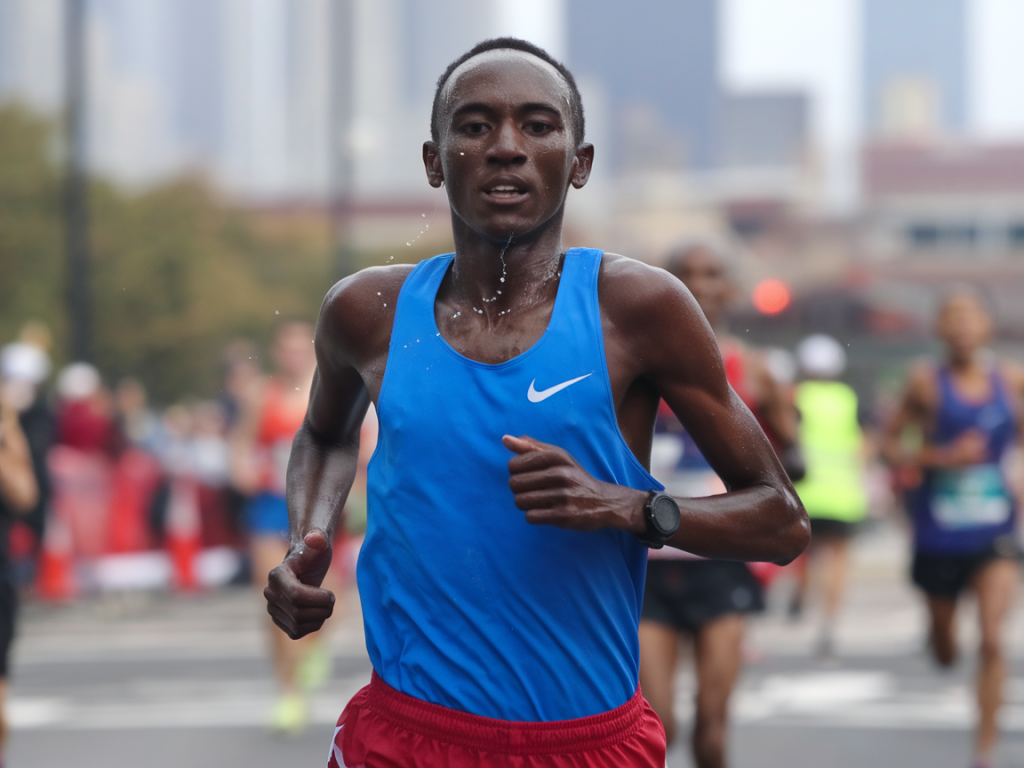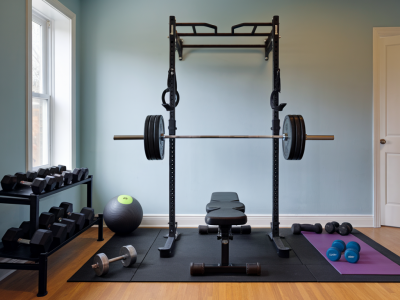
When it comes to nutrition strategies, intermittent fasting (IF) has been making waves beyond the fitness and health communities. But is it really the ultimate plan for athletes? As someone who has personally explored this approach, I wanted to dive deeper into what intermittent fasting could mean for individuals who push their bodies to the limits. Whether you're an endurance runner, a weightlifter, or just an active sports enthusiast, there’s a lot to unpack here!
What is Intermittent Fasting?
Let’s start with the basics. Intermittent fasting isn’t a diet in the traditional sense, but rather an eating schedule. It alternates between periods of fasting (not eating) and eating within specific windows. Popular approaches include the 16:8 method (16 hours of fasting and an 8-hour eating window), alternate-day fasting, or the 5:2 plan, where you eat normally for five days and restrict calorie intake significantly for two days.
The goal of intermittent fasting is often twofold: give the body ample time to burn stored fat for energy and optimize metabolic processes. What piqued my interest initially was how advocates spoke about better energy regulation, mental clarity, and, intriguingly, improved athletic performance.
How Does Intermittent Fasting Work?
To understand how intermittent fasting might benefit athletes, it’s important to note how the body utilizes glycogen (stored carbohydrates) and fat as energy sources. When you fast for several hours, glycogen stores naturally deplete, forcing your body to turn to stored fat for energy. This process, known as metabolic switching, is highlighted by a rise in ketone levels, which some claim enhances brain function and sustained energy levels.
Additionally, fasting has been shown to trigger the release of human growth hormone (HGH), muscle repair processes, and reduced inflammation—factors that can potentially benefit athletic recovery and growth. That said, this isn’t a one-size-fits-all solution. Athletes’ nutritional needs are highly individualized, and fasting may not suit everyone's routine or goals.
Potential Benefits of Intermittent Fasting for Athletes
So, does it work? While there are still ongoing studies in this area, here are some potential wins for athletes adopting intermittent fasting:
- Fat Adaptation: Intermittent fasting can help the body tap into fat stores more efficiently, which could be a game-changer for endurance athletes who rely heavily on sustainable energy sources during long sessions.
- Enhanced Recovery: By triggering increased production of human growth hormone, fasting periods might accelerate muscle repair and recovery.
- Weight Management: Let’s be real—many athletes tweak their eating habits to optimize body composition. Fasting can create a natural calorie deficit without the rigidity of traditional diets.
- Improved Mental Clarity: Athletes often note enhanced focus during workouts when training in a fasted state due to the increase in ketones and reduced digestive demands.
During my own experimentation with the 16:8 protocol while maintaining a regular yoga and strength training schedule, I noticed my energy levels felt smoother throughout the day (once I got past the initial adjustment period). This really surprised me—especially as someone who used to rely heavily on pre-workout snacks!
What Are the Challenges of Intermittent Fasting for Athletes?
While the benefits are promising, intermittent fasting comes with its own set of challenges, especially for athletes. For instance:
- Energy Timing: Intense workouts require fuel, and fasting can leave some athletes struggling to meet their energy needs, especially if training early in the day.
- Performance Decreases: For anaerobic exercises like sprinting or weightlifting, glycogen stores are paramount. Training in a fasted state might dampen performance in these high-intensity activities.
- Nutrient Intake: Fitting all your calories, protein, and other nutrients into a smaller eating window can be tricky and might lead to deficiencies if not carefully planned.
I remember doing a fasted high-intensity interval training (HIIT) workout once—let’s just say it was far from my best performance. My body felt sluggish and resistant to hitting peak levels, teaching me that timing is crucial in applying intermittent fasting to an athletic routine.
Best Practices for Athletes Considering Intermittent Fasting
If you’re keen to give intermittent fasting a try, here are my top recommendations for athletes based on both research and personal experience:
- Match Your Fasting Schedule to Your Training: Align eating windows with your workouts. For example, try to fuel before and after intense training sessions to optimize performance and recovery.
- Prioritize Nutrient-Dense Foods: Maximize the quality of your meals by including lean proteins, healthy fats, and complex carbs. I’ve found that adding foods like quinoa, eggs, and avocados significantly improved my post-workout recovery during fasting.
- Stay Hydrated: Fasting doesn’t exclude water, and dehydration can severely hamper athletic performance. I recommend sipping on water, herbal teas, or even an electrolyte drink like Nuun during fasting windows.
- Start Slow: If you’ve never fasted before, begin with a shorter fasting period (e.g., 12 hours overnight) and gradually increase it as your body adapts.
Are Supplements Necessary?
While supplements aren’t mandatory, they might be helpful depending on your needs. I personally noticed that adding branched-chain amino acids (BCAAs) during longer fasts helped reduce muscle soreness. If you’re maintaining rigorous training, consider discussing options with a dietitian or healthcare provider. Look for reputable brands like Optimum Nutrition or MyProtein for clean, athlete-friendly supplementation.
Who Should Avoid Intermittent Fasting?
While intermittent fasting can work wonders for some, it’s not a fit for everyone. Here are scenarios where it might not be ideal:
- Intensive Training Blocks: If you’re preparing for a marathon or high-stakes competition, you might need more consistent fuel throughout the day.
- Individuals with Specific Health Conditions: Diabetics or those with a history of disordered eating should consult a healthcare provider before fasting.
- Young Athletes: Growing bodies need consistent calories and nutrients throughout the day to thrive.
If intermittent fasting feels overly restrictive or unsustainable, it’s okay to explore alternative meal-timing strategies.
So, sports fans—what are your thoughts? Does this sound like a nutrition approach worth trying, or do you prefer more traditional strategies? Writing this piece has definitely reminded me how critical it is to experiment and listen to our own bodies to find the perfect balance for athletic success.

